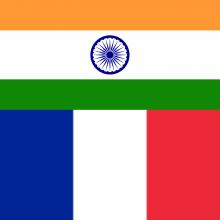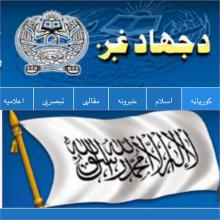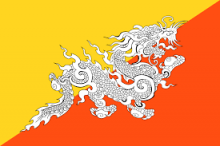-
India’s announcement on voluntary reduction of the greenhouse gas (GHG) emissions has accelerated otherwise snail-paced negotiation on a deal to be reached at Copenhagen this December. It is a welcome step but tactical move. From the solitude of obstructing, as many argue, to all inclusive to the Copenhagen, India has sent a signal of relief to the climate negotiators, mostly representatives of developed countries. If world sees this Indian move as a surprise, they are wrong.
-
Cross border threats, which involve influx of counterfeit currencies, illegal arms, smuggling of narcotics, illegal wildlife trade and its derivatives and cross border terrorism, are gaining momentum along the 726 kilometer long porous India-Nepal border. It is a grave concern for India considering the present political instability in Nepal.
-
Indians are by nature emotive. But, unfortunately they believe in overreacting. So, be it 26/11 or Swine-flu or draught like situation: mostly they react excessively. They even cannot take a loss by cricket team sportingly so naturally they are bound to start the blame game when drought is at the doorstep. What best punching bag could be than the Indian Meteorological Department (IMD)? Few intellectuals are even asking for its closure.
-
The area, in which Franco-Indian ties have made the most progress however, remains that of defence cooperation, moving from the short term tactical relations of the Cold War, to the more long term and genuinely strategic. France has now become one of India’s most trusted Western defence partners, and Franco-Indian defence cooperation has been described by French officials as ‘discreet but wide-ranging and efficient’, both countries regularly trading information on terrorism, security in Asia and the Middle-East, and maritime piracy, amongst a host of other issues.
-

On the 14th of July, a contingent comprised of more than 400 Indian troops, drawn from the Army, Navy and Air Force marched down from the Arc de Triomphe monument during the Bastille Day military parade on the Champs Elysees avenue in Paris. The event took place in the presence of Indian Prime Minister Manmohan Singh and French President Nicolas Sarkozy. It, undoubtedly, heralds a new chapter in Franco-Indian ties and the participation of Indian troops in the parade is indicative of a more profound trend which has been steadily growing over the past decade or so.
-
During the present world turmoil, the Australian government has announced an aggressive defence policy. The White Paper on defence titled ‘Defending Australia in the Asia Pacific Century: Force 2030’ envisages a considerable increase in its defence expenditure and a significant military acquisition programme for the Australian Defence Forces (ADF).
-

For India’s military, the Taliban is a threat looming large on the horizon. The perception of the Taliban making inroads to India has increased since December 2008, when Tehrik-i-Taliban Pakistan (TTP) chief Baitullah Mahsud vowed to fight alongside the Pakistan army if a conflict broke out between India and Pakistan. The verbal threat has since been underlined by the Taliban’s eastward movement inside Pakistan, from its bases in the North-West Frontier Province (NWFP) to the city of Lahore, close to the Indian border in Pakistan’s Punjab province.
-
On 27 May 2009 Indian Air Force inducted one of the biggest state-of-art platforms in its fleet capable of giving advance warning of an aerial threat. The platform is also capable of gathering electronics and signals intelligence. This is India’s first Airborne Warning and Control Systems commonly known as AWACS. Two more such aerial platforms are on queue to be inducted by 2012.
-

For less than one million Bhutanese population, the year 2008 ushered in a new era of governance. The year witnessed the melting down of a century-old monarchy to a democratic constitutional monarchy. A parliamentary democratic government was formed in the nation based on the universal adult franchise. The Himalayan landlocked country drafted a constitution with provisions of 35 articles and four schedules, with the prior objective to eradicate Bhutan's backwardness and accelerate development.
-
Among the several congratulatory letters received by Prime Minister Manmohan Singh on his reelection, the message from the French President Nicolas Sarkozy merits attention. While inviting Prime Minister Manmohan Singh to be the Chief Guest at the forthcoming ceremonies marking the National Day of France on July 14, Sarkozy has praised the Indian democratic system and alluded ‘ to the values of liberty, people's sovereignty and respect of diversity in secularism'.
Paxton ported to drupal by DropThemes.in